Remedies for Hair Loss

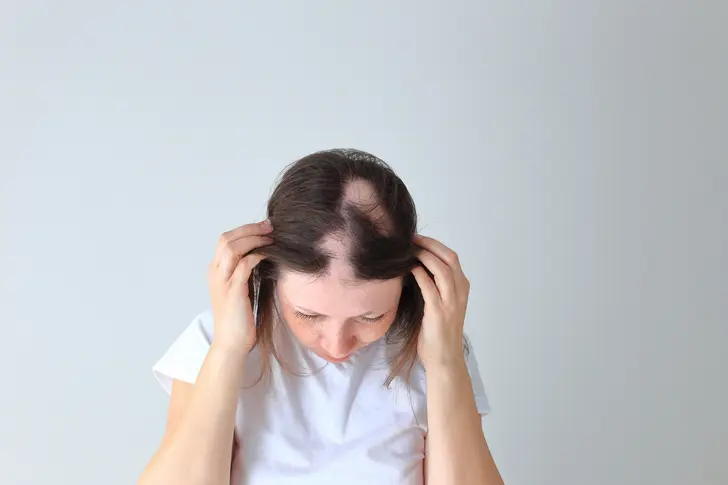
Understanding Hair Loss
Hair loss, or alopecia, can affect anyone and may present as thinning at the temples, circular bald patches, or sudden hair loss. It can be caused by various factors, including genetics, hormonal changes, medical conditions, and aging. While it's normal to lose some hair daily, recognizing early signs of excessive shedding or thinning can help you take steps to address hair loss and explore suitable treatment options.
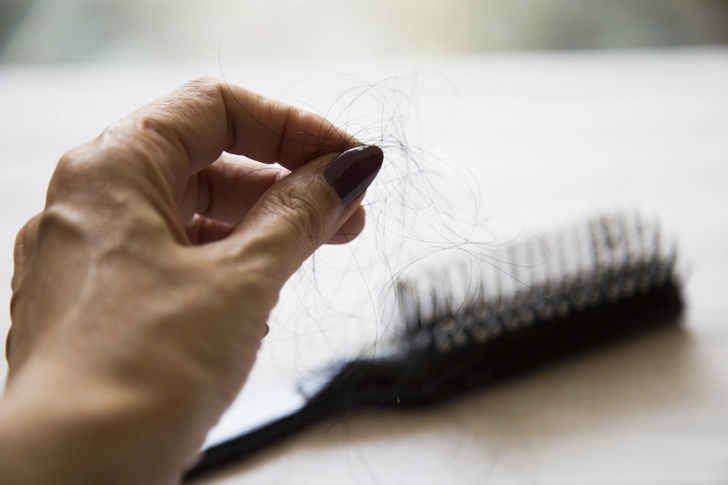
Common Causes of Hair Loss
Several factors contribute to hair loss. Natural aging, medical treatments like chemotherapy, and trauma from tight hairstyles can damage hair follicles. Health conditions such as thyroid issues and skin diseases, nutritional deficiencies in iron and protein, and severe stress can also lead to hair loss.
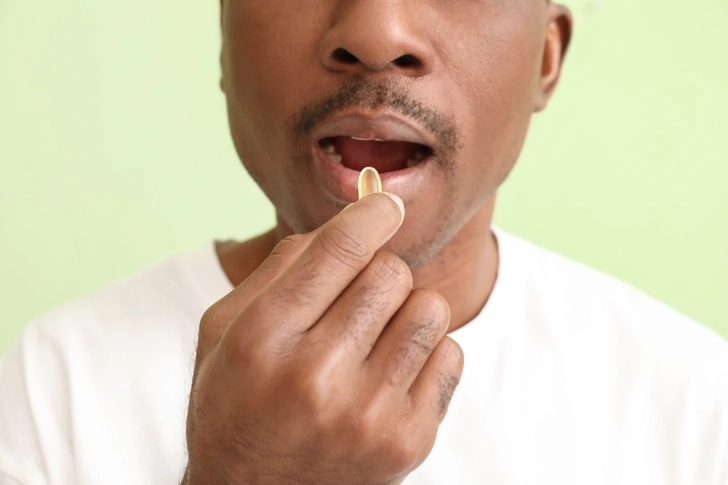
Biotin and Vitamin Supplements
Biotin, along with vitamins C, zinc, and folic acid, may help promote hair growth. These nutrients support hair health and can be found in supplements or foods such as meat, nuts and seeds, sweet potatoes, broccoli, and cauliflower. For the best effect, doctors recommend taking biotin, vitamin C, zinc, and folic acid together. Talk to your doctor before taking any supplements.
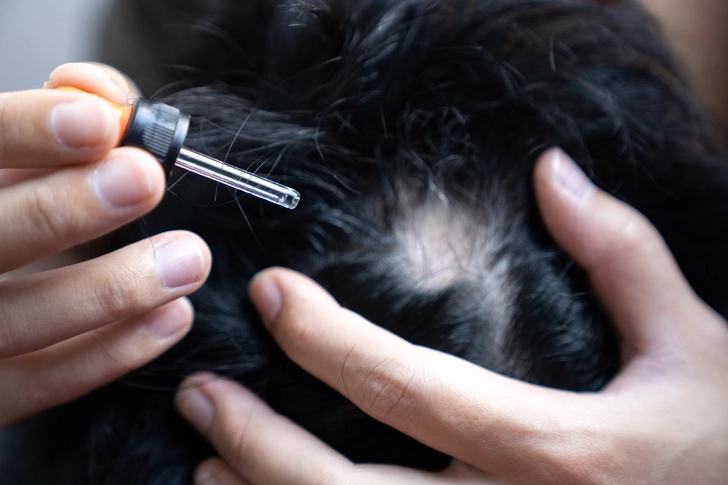
Scalp Massages and Essential Oils
Daily scalp massages can improve hair thickness and slow hair loss. Massaging the scalp increases blood flow to hair follicles. Using essential oils like lavender and peppermint during massages may enhance their effectiveness. Aim for at least a few minutes of scalp massage each day.
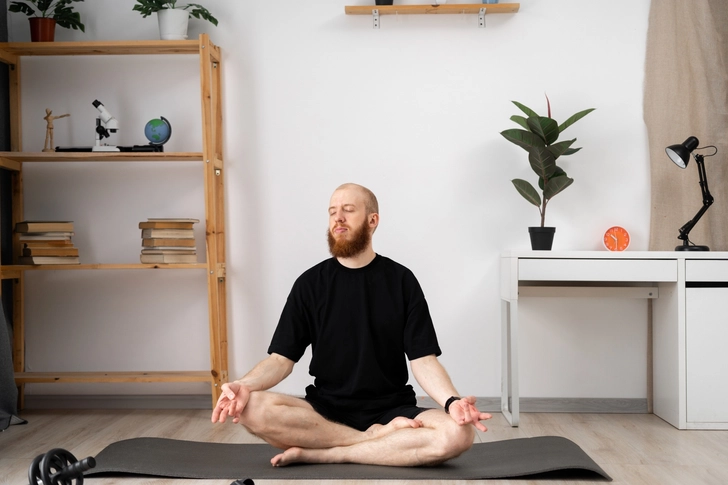
Lifestyle Changes for Better Hair Health
Quitting smoking can significantly improve hair health. Toxins from cigarettes can damage hair follicles and disrupt hormonal balance, leading to hair loss. Eating a balanced diet rich in essential nutrients and reducing stress are also crucial steps for maintaining healthy hair.
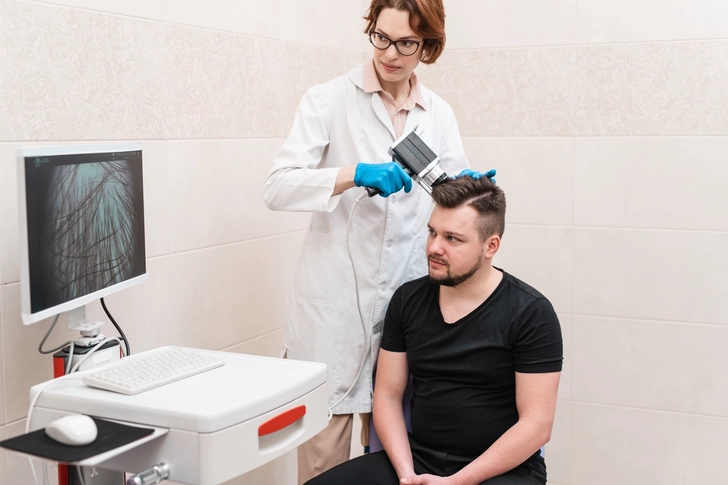
When to Seek Medical Help
If you're experiencing distressing or sudden significant hair loss, it's important to consult a health care provider. Possible treatments include over-the-counter solutions like minoxidil, prescription medications, surgical options, light therapy, and microneedling. A doctor can help determine the best approach for your situation.
PHOTO CREDITS:
Slide 1 - Kolabava Nadzeya / Shutterstock
Slide 2 - Chompuu / Shutterstock
Slide 3 - Pixel-Shot / Shutterstock
Slide 4 - Suthikait Teerawattanaphan / Shutterstock
Slide 5 - Lysenko Andrii / Shutterstock
Slide 6 - illustrissima / Shutterstock
SOURCES:
Cleveland Clinic: “Hair Loss Treatments.”
Cleveland Clinic: “Is Biotin as Good as Advertised for Your Hair Loss?”
Dermatology and Therapy: “Self-Assessments of Standardized Scalp Massages for Androgenic Alopecia: Survey Results.”
ePlasty: “Standardized Scalp Massage Results in Increased Hair Thickness by Inducing Stretching Forces to Dermal Papilla Cells in the Subcutaneous Tissue.”
Johns Hopkins Medicine: “Hair Loss.”
Journal of Cosmetic Dermatology: “Implications of cigarette smoking on early‐onset androgenetic alopecia: A cross‐sectional Study.”
Life Sciences: “Muscle sarcomas and alopecia in A/J mice chronically treated with nicotine.”
Mayo Clinic: “Hair loss.”
National Institutes of Health: “Biotin.”
Toxicological Research: “Hair Growth-Promoting Effects of Lavender Oil in C57BL/6 Mice.”
Toxicological Research: “Peppermint Oil Promotes Hair Growth without Toxic Signs.”